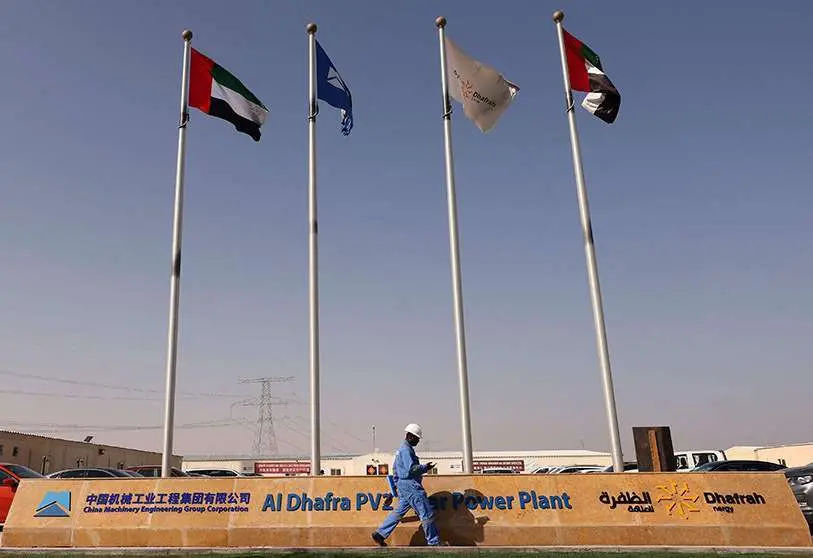World Bank and Abu Dhabi Fund will invest in energy transition

The head of the World Bank's International Financial Cooperation, Makhtar Diop, said the Bank will sign an agreement with the Abu Dhabi Fund for Development on Monday for a $1.5 billion investment in the energy transition in emerging markets.
"The world's energy and climate future increasingly depends on emerging economies being able to make a successful transition to cleaner energy systems'' announced the International Energy Agency.
It is worth noting that emerging countries account for a third of global energy investment. "Energy transition is one of the issues we are most concerned about,'' said Carlos Gasco, Director of Energy Policy at the UAE Department of Energy, who said that ''for the Middle East, energy transition is business, change and opportunity".
Emerging markets and developing countries are responsible for global gas emissions, but given the scale of the climate challenge, the amount of capital currently being spent to transition these countries to low-carbon energy is insufficient.

As Makhtar Diop said at the World Summit of Governments: "I am signing today with the Abu Dhabi Development Fund a $1.5 billion platform, where we are co-investing with them in emerging countries around the energy transition".
The report on capital mobilisation in emerging markets and developing economies provides an overview of the current state of investment in the energy transition. Investments in renewable energy capacity increased by 40% in 2021 compared to previous years. Meanwhile investments in fossil fuel combustion capacity have decreased by 25%, over the last five years, and renewables have increased by 15%. These investments will continue to grow thanks to the public and private subsidies that are being received.
It is worth noting that the amount of capital being extended to transition these countries could have a major impact on emerging markets. Developing countries facing significant revenue losses from fossil fuel exports will have to adapt their economies and public finances to the new low-carbon economy or face economic and market pressures. This will be a major problem for emerging markets that previously had little export savings.
The Middle East is bidding for a place as an energy supplier in the energy transition and the United Arab Emirates is in the process of becoming a major player in terms of hydrogen hubs.

Claude Mourey, director of hydrogen and new energy for the Middle East and North Africa region said: "Hydrogen is becoming an increasingly attractive option for a carbon-free future".
The world's largest oil-exporting region is the Middle East, yet it has an endgame, which is to become a major exporter of clean green hydrogen energy and this element is expected to play an important role in writing down carbon emissions in energy.
Jamila Matar, head of the Energy Department of the League of Arab States and an advocate of renewable energy, calls for regional development efforts to promote energy cooperation between Arab countries and their neighbours.








